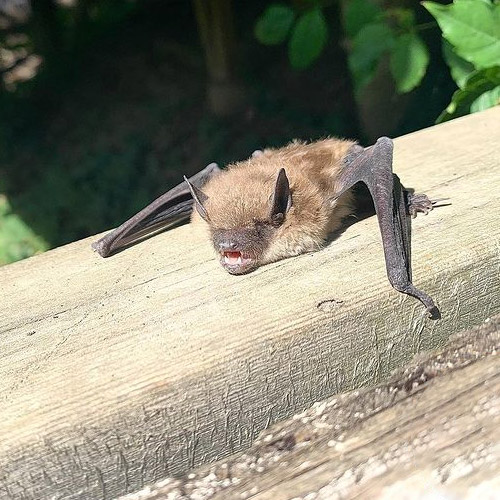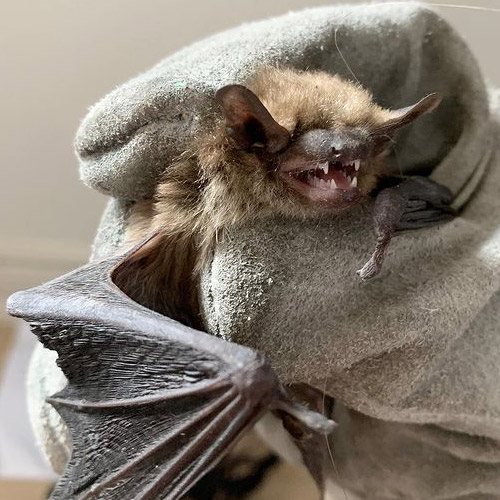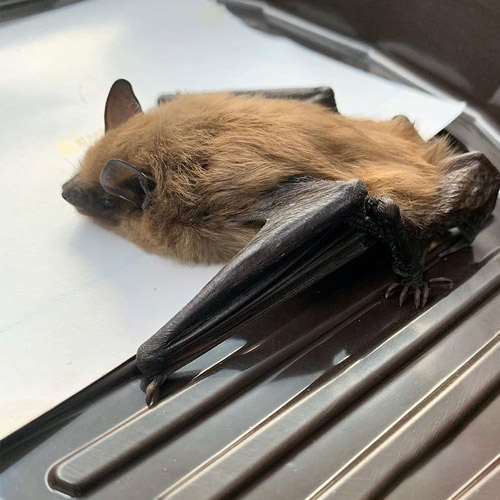The following are some common questions that our customers ask us:
I have been told that bats will leave my attic on their own after 6 – 8 weeks. Is that true?
No. In fact, bats may hibernate through the winter in a tight space in your attic or within the walls or crawlspaces of your home. The only way to ensure they are permanently excluded is to use humane removal techniques and to install professional bat proofing.
I’ve been told that you have to catch the bats and relocate them far away from your house otherwise they will get back in. Is that true?
No. Following our humane removal procedure, we install professional bat proofing in all possible entry points. The bats will not be able to get back in – we guarantee it! In fact, if a bat does manage to chew back into your home, we will return and complete the process again for free.
How do I know if I have bats in my home or building?
Bats are often associated with strong smells and large accumulations of droppings. If you think you have bats in your home, you should consult a wildlife specialist because there are some serious health risks associated with bats and their feces/urine.
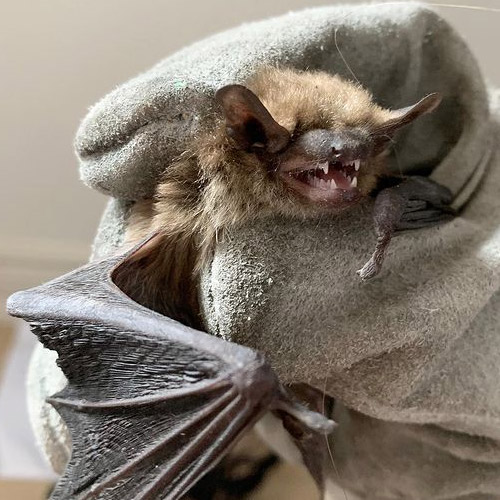
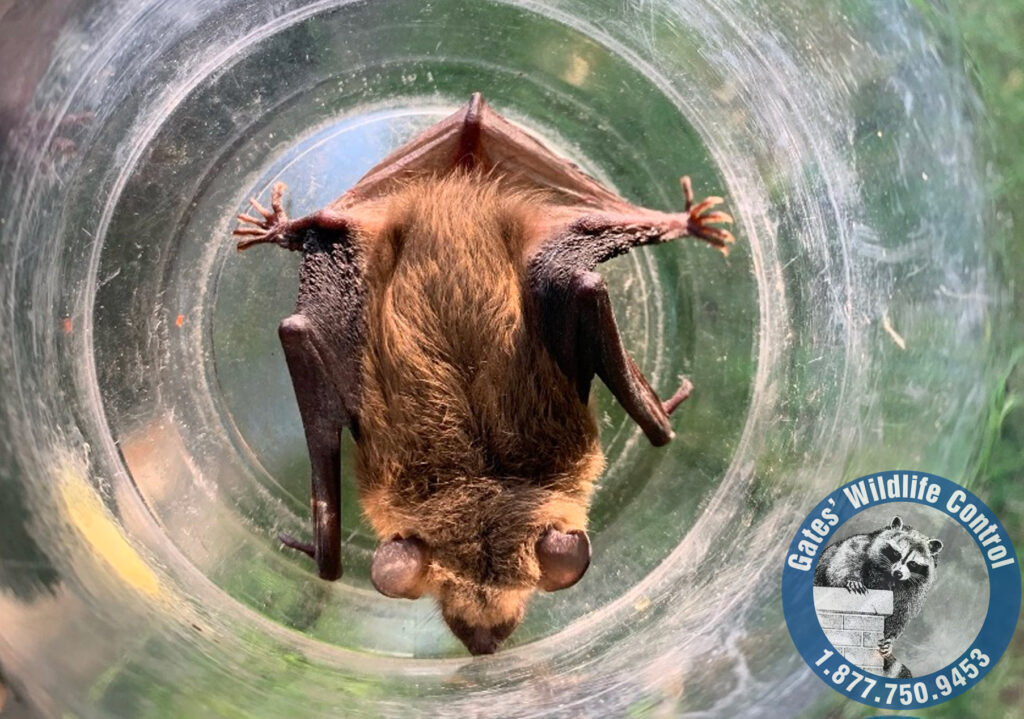
Habitat
Urban: In urban environments bats are found in semi-open areas often near trees and water but will make their roots inside building spaces.
Breeding
Time of year: Bats mate in the fall and sometimes into the winter months. Sperm is stored and ovulation and fertilization are delayed until the female emerges from hibernation.
Litter size: Big Brown Bats have one to two offspring every year while the Little Brown Bat has only one.
Rearing: Little Brown Bats will stay in the roost for the first 18 days of their life and can fly thereafter. They reach maturity within 3 weeks. Big Brown Bats take longer to mature and do not reach adult size until 70 days.
Sexual maturity: Female bats are sexually mature near the end of their first year. Male bats take slightly longer and will reach sexual maturity after their first year.
Food and Feeding
Time of day: Bats are nocturnal and use high frequency echo-location to seek out their food.
Diet: Big Brown Bats eat a variety of insects but prefer beetles. Little Brown Bats enjoy flying insects like midges, mosquitoes and mayflies.

Morphology and Lifestyle
- Wing span: Big Brown Bats – 32 to 39cm; Little Brown Bats – 22 to 27cm.
- Weight: Big Brown Bats – 11 to 25g; Little Brown Bats – 5 to 11g.
- Vocalization: Bats use high frequency echo-location that is hard to hear with the exception of some clicking sounds.
- Lifespan: Between 10 and 20 years with the rare bat living as long as 30 years.
Did You Know?
- Bat fact: Bats play an important role in our environment as they can consume up to 3,000 insects in one night.
- Bat fact: Bats in Canada will not fly in your hair and suck your blood.
- Bat fact: Bats can spread the rabies virus when infected with very little to no evidence of contact.
- Bat fact: Bats can squeeze through a hole the size of a dime.
- Bat fact: A bat can produce several times its own weight in waste each month.
- Bat fact: Bat colonies can range in size from one to several hundred and can double in size every year.
- Bat fact: Bats hibernate when the temperature drops below 10 degrees C.
More About Bats

Humane Raccoon Removal

Humane Skunk Removal

Humane Squirrel Removal
Do It Yourself Dangers
For those who may be tempted to take on the task of removing animals and animal proofing themselves, it is important to remember that it can be a dangerous undertaking. Falling off ladders and roofs while attempting to remove animals or seal entry points can result in serious bodily harm. In some cases, even aggressive animals can pose a danger to those trying to remove them. It is best to leave these tasks to experienced professionals who have the knowledge and equipment to safely and effectively handle wildlife removal and animal proofing. Attempting to do it yourself can put you at risk of injury and potentially even more damage to your home.










